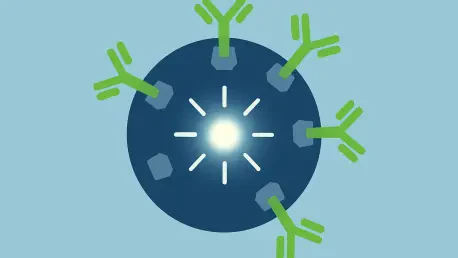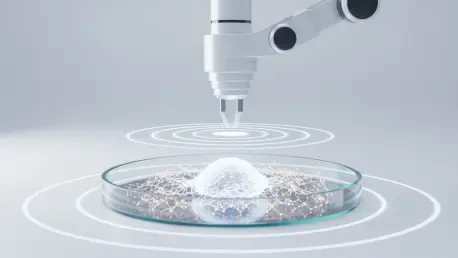
In a landmark development for the field of oncology, cancer researchers have uncovered a crucial molecular switch that has long been hampering the immune system's capacity to effectively fight tumors, presenting a new avenue of hope for countless patients who find no benefit in existing

The landscape of hematology is undergoing a significant transformation, driven by a new consensus that seeks to correct decades of suboptimal outcomes for a frequently overlooked demographic caught between two distinct worlds of medical care. For years, adolescents and young adults (AYAs) diagnosed

A groundbreaking study offers a novel strategy in the relentless fight against neurodegeneration by borrowing one of modern oncology's most powerful weapons and turning it against the pathologies of the brain. The research demonstrates, for the first time in a living animal model, that an

The quiet confidence that comes with taking a daily pill to manage cholesterol or blood pressure often masks a dangerous misconception that its protective shield is impenetrable, regardless of what one eats. This belief, however, is being challenged by rigorous scientific inquiry, forcing a

Beyond the malignant cells of a brain tumor lies an equally destructive force, a relentless physical pressure that silently and systematically dismantles the delicate architecture of the mind long before the cancer itself infiltrates surrounding tissue. While medical science has long focused on

The integration of advertising into conversational AI platforms like ChatGPT is poised to subtly yet profoundly reshape how patients discover and consider clinical research, representing not a radical upheaval but a significant evolutionary step in digital communication. This development marks a
1 2 3 4 5 6 7 8 9 10 11 12 13 14 15 16 17 18 19 20 21 22 23 24 25 26 27 28 29 30